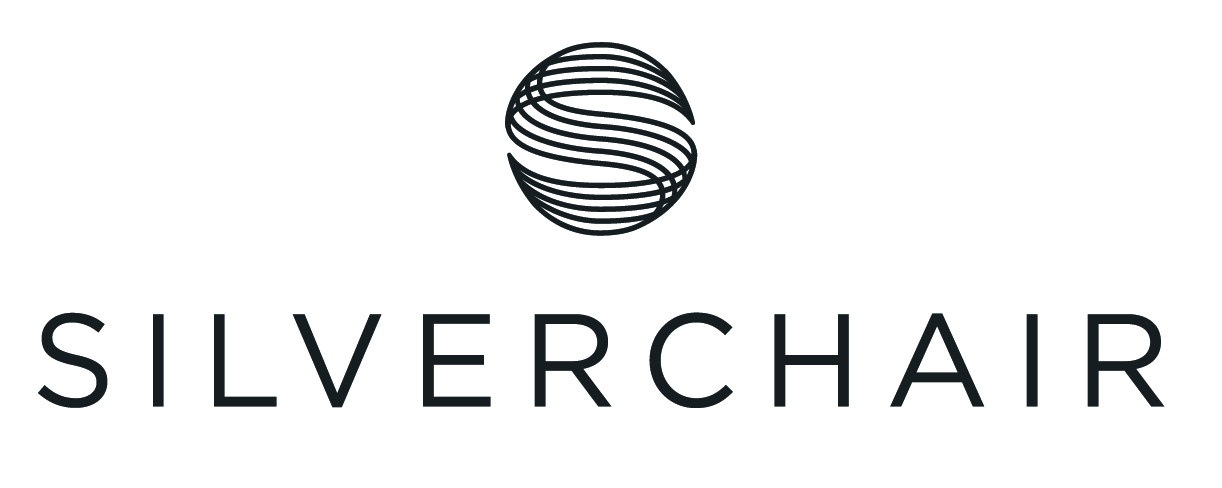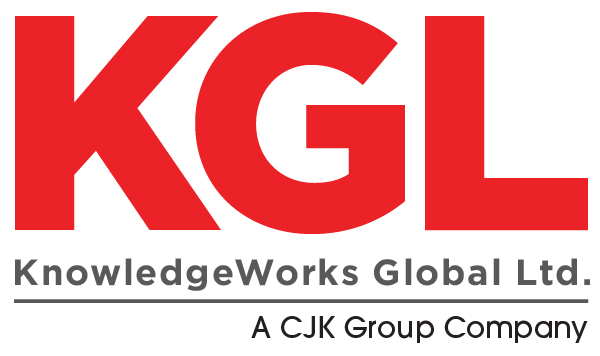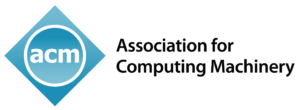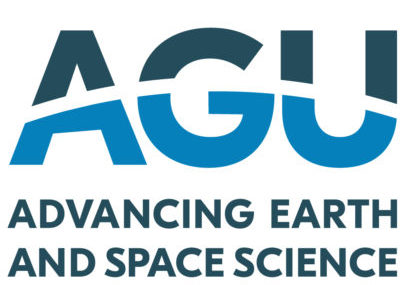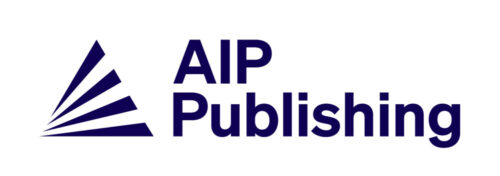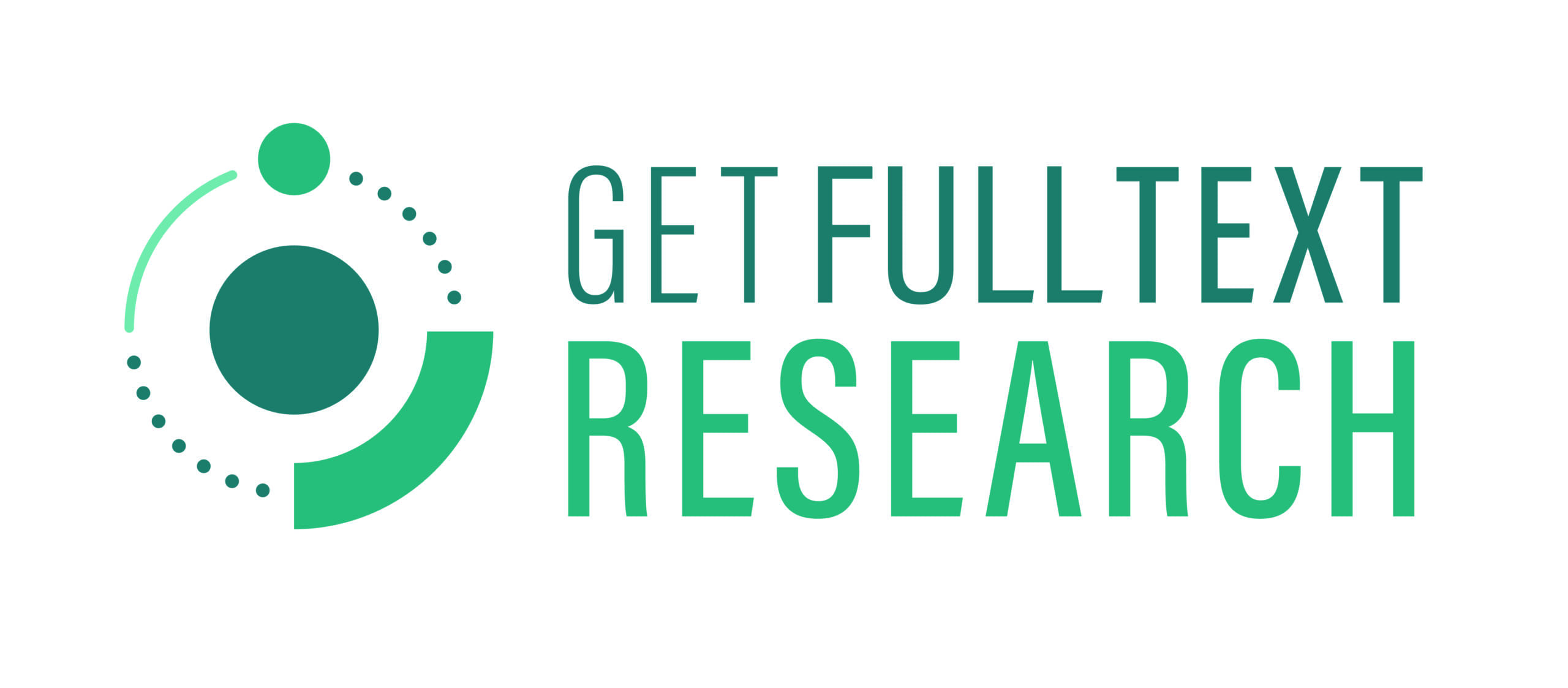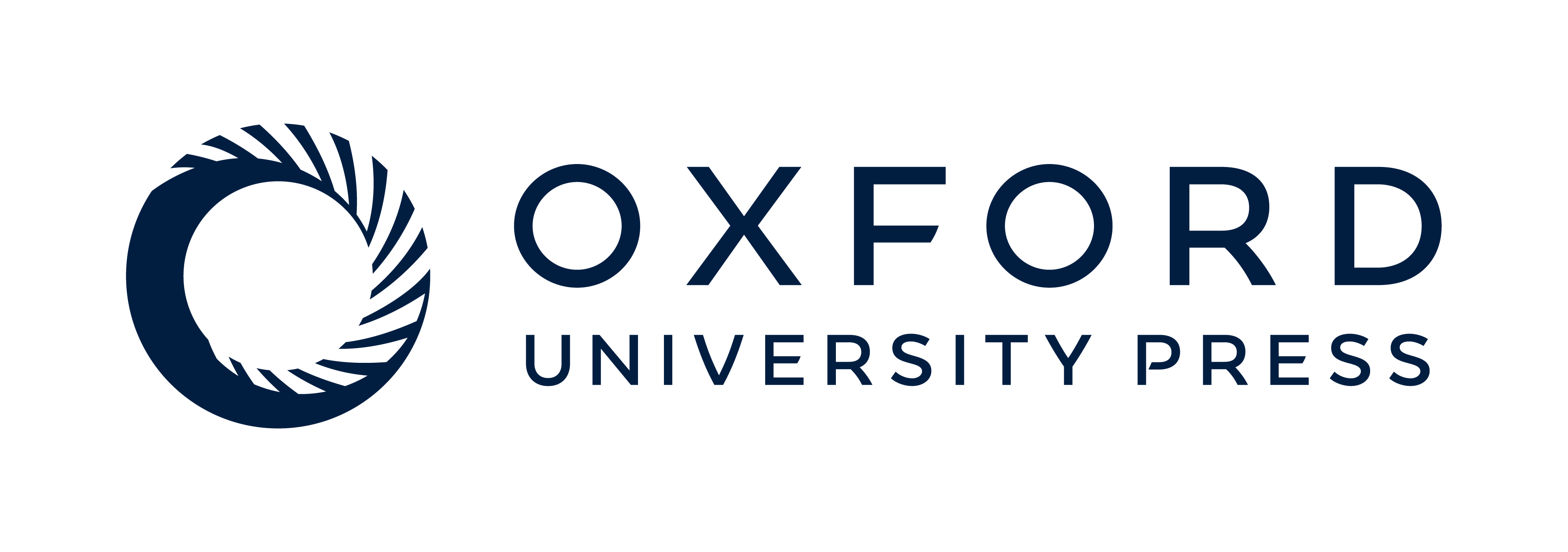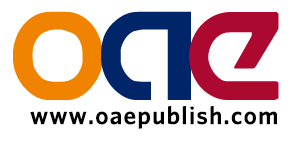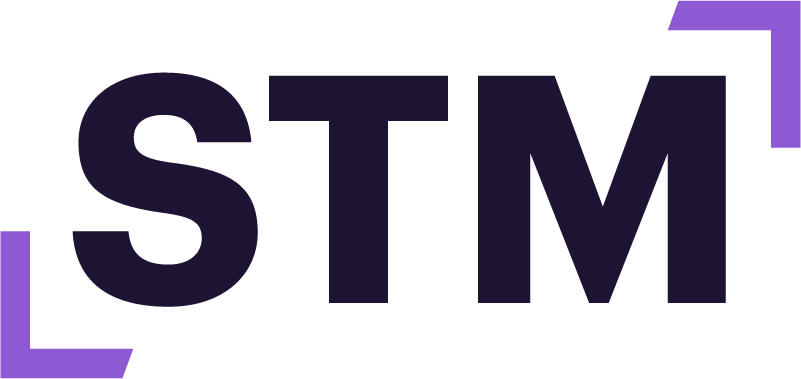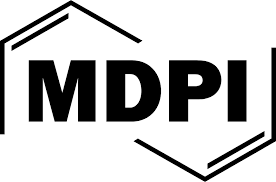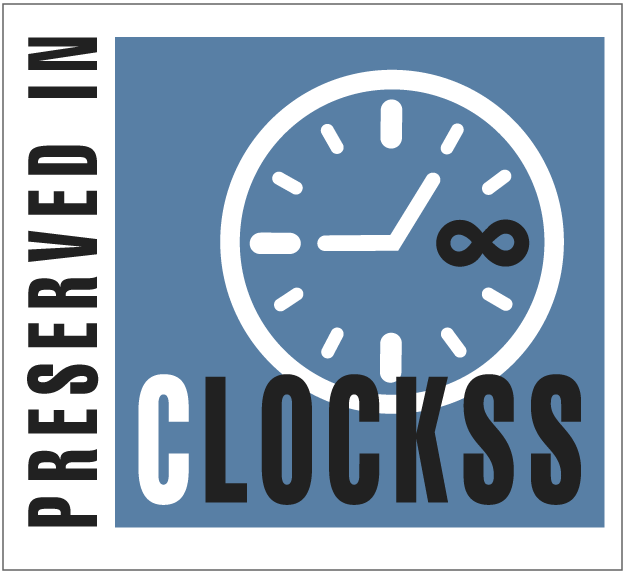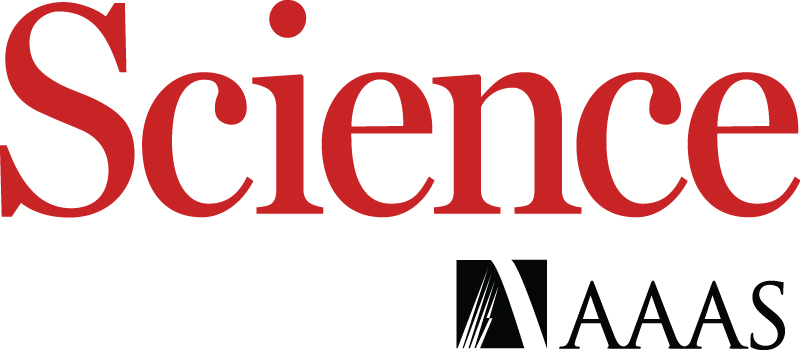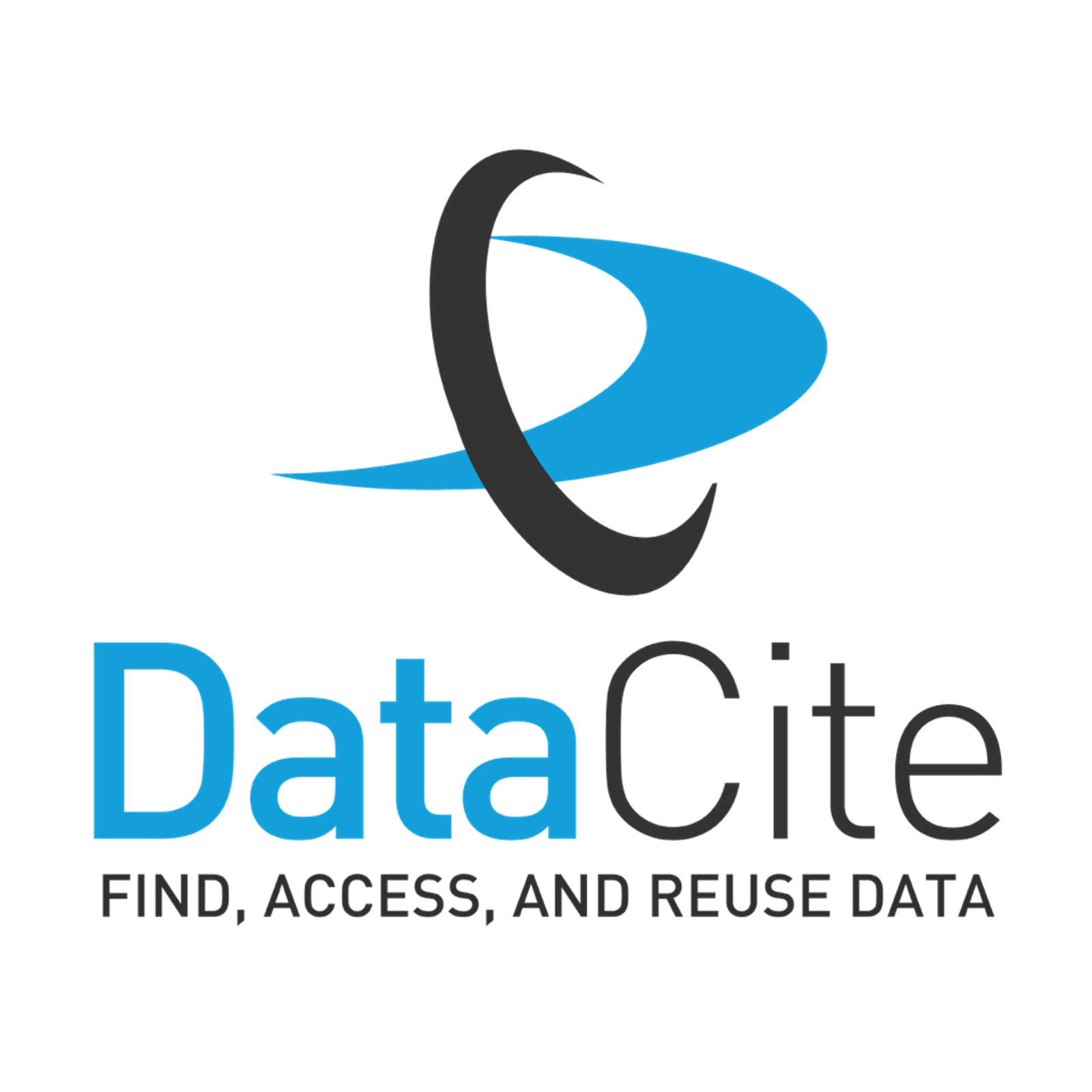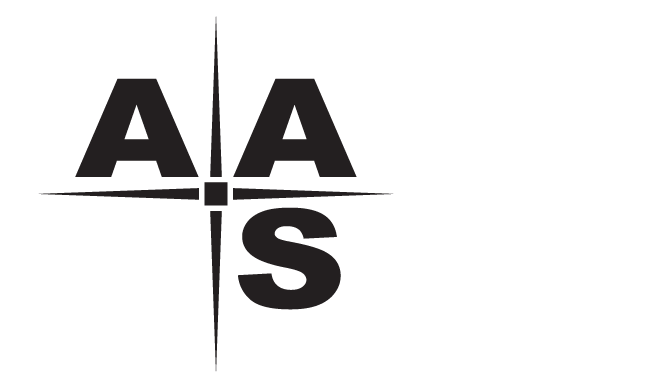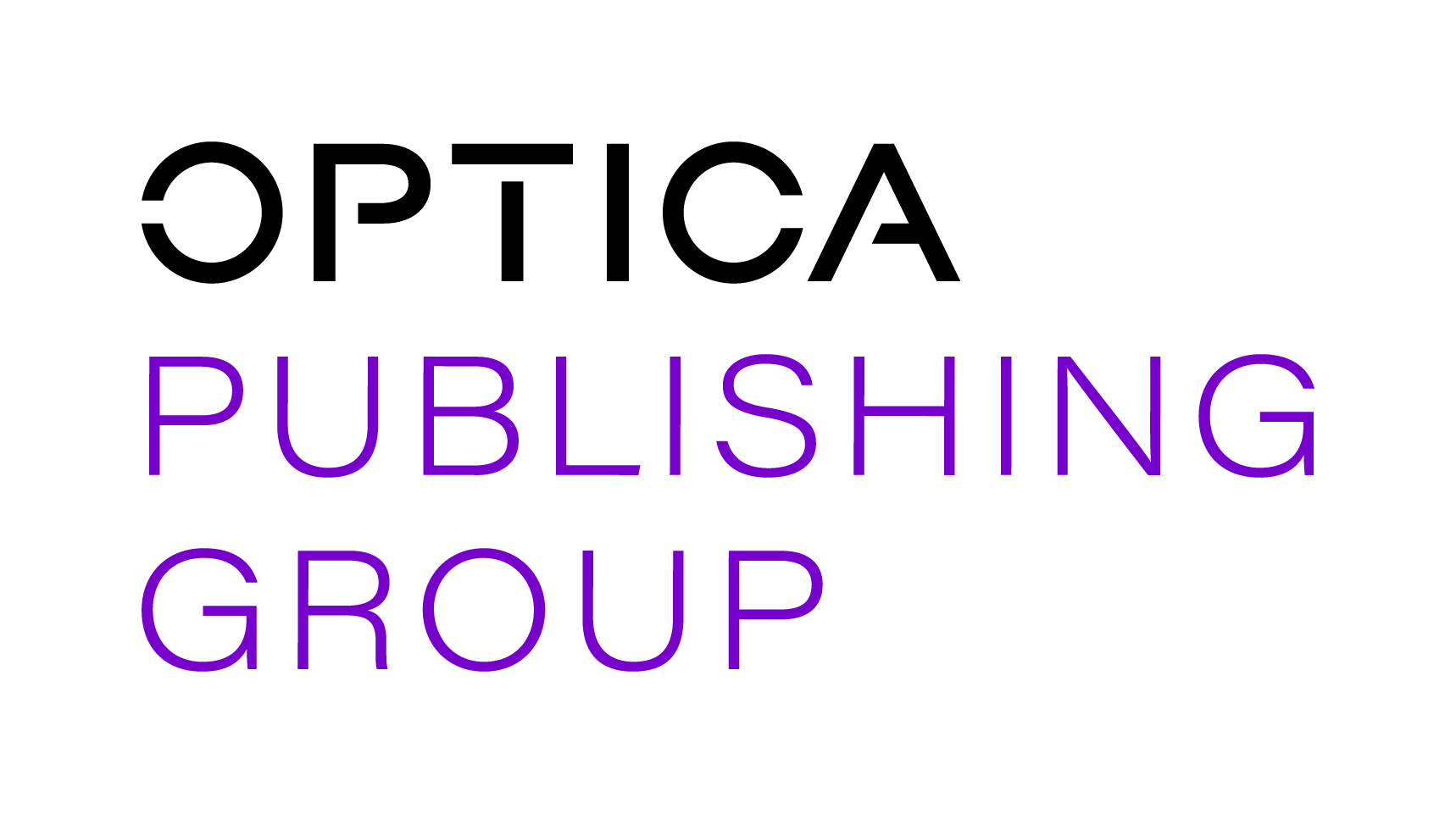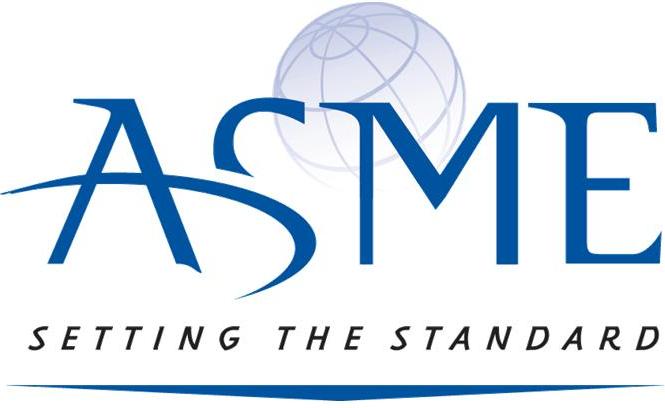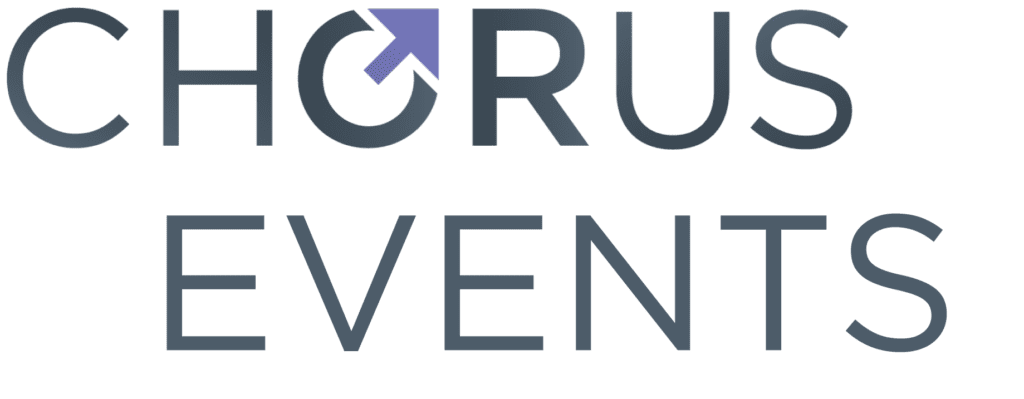 The third CHORUS Forum included a lively panel discussion around what infrastructure is needed to make open research work. The session was moderated by Alix Vance, CEO of AIP Publishing and the chair of the Board of Directors of CHORUS, and panel participants represented a diverse set of stakeholder perspectives. Caroline Lynn Kamerlin from Uppsala University, Curtis Brundy from Iowa State University Libraries, Katheryn Sharples from Wiley, and David Sweeney from Research England, UKRI shared their views.
The third CHORUS Forum included a lively panel discussion around what infrastructure is needed to make open research work. The session was moderated by Alix Vance, CEO of AIP Publishing and the chair of the Board of Directors of CHORUS, and panel participants represented a diverse set of stakeholder perspectives. Caroline Lynn Kamerlin from Uppsala University, Curtis Brundy from Iowa State University Libraries, Katheryn Sharples from Wiley, and David Sweeney from Research England, UKRI shared their views.
In addressing existing OA publishing and funding models, Sweeney noted that we “cannot deliver what everyone wants due to the complexities of the system, the different models. A focus for infrastructure is on deciding what is absolutely necessary.” He encouraged testing different models and generalizing solutions where possible, but also being prepared to accept the imperfect to make forward gains.
Brundy acknowledged that libraries are still “hitting some pain points with open access workflows around author verification,” and that workflows need to be more scalable. He noted that there is tremendous asymmetry between publishers, that smaller publishers don’t have the infrastructure to manage the newer models but that maintaining publisher diversity during the transition to open science is important.
Sharples noted that “the infrastructure to support open access to research articles is more advanced than the infrastructure needed to support open data.” She urged publishers to “look for common approaches and standard ways of doing things,” in order to best serve the researcher and the library communities.
But infrastructure for open data doesn’t yet exist in all disciplines, Kamerlin noted, and funding for large dataset storage is needed. Brundy also pointed out a lack of visibility into where data sets are being deposited.
The panel recognized that there needs to be greater awareness among the researcher community to ensure they understand the importance, benefits, and usability of open data. Sweeney noted that publishers and funders have a broad responsibility to help researchers understand the challenges in the system. Kamerlin agreed that education and training programs are needed at universities, but also posited that “demanding that we [researchers] share data in the journals we want to publish in is the fastest way to make us do it.”
The success of open research relies on the industry – publishers, funders, librarians, and researchers – coming together to understand the hurdles and to identify options for shared solutions. Equally important is accepting that a single framework may not satisfy everyone, and in embracing a culture of testing and iteration to implement models that are malleable enough to evolve with future developments.
The full recording of the forum session is available on demand on the CHORUS site at https://www.chorusaccess.org/events/chorus-forum-making-the-future-of-open-research-work/.
